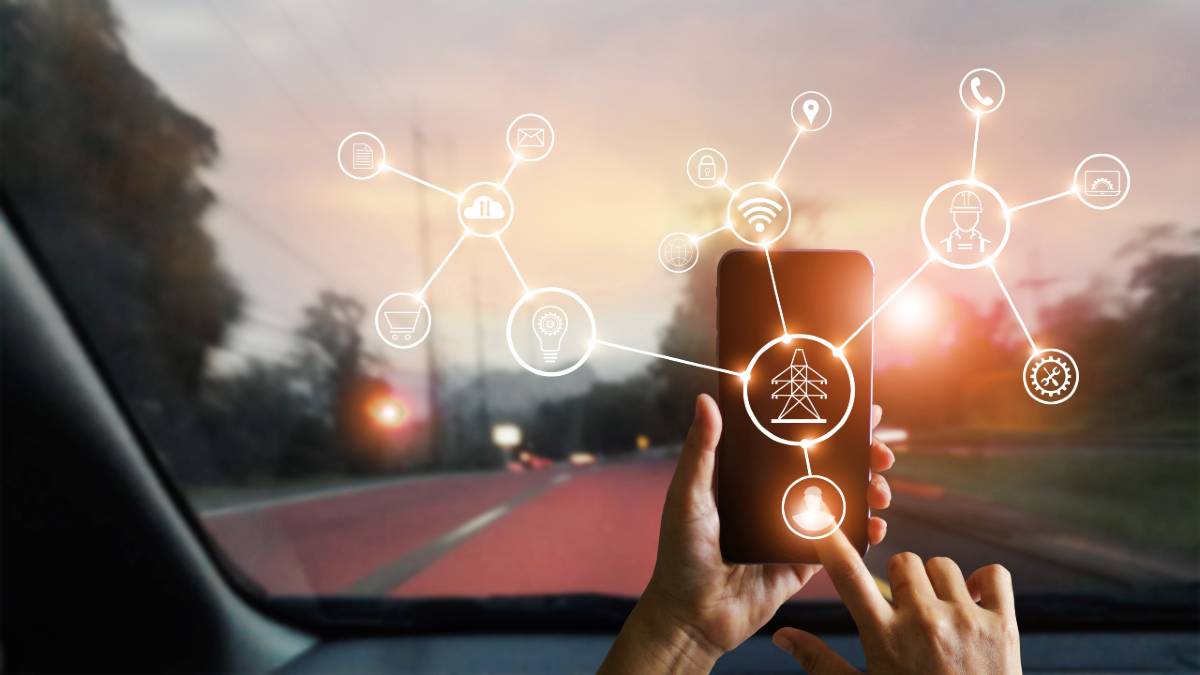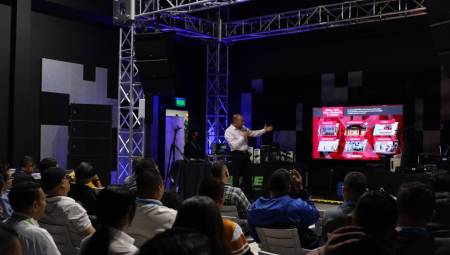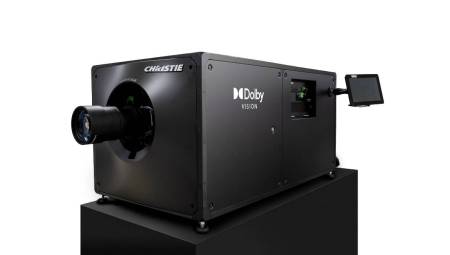Colombia. The Machine to Machine (M2M) market is in a robust and ever-expanding state, eagerly anticipating the awarding of the first 5G licenses in countries such as Colombia, Peru, Ecuador, Mexico and Chile. This technological advance promises to revolutionize connectivity and open up new opportunities for various sectors.
According to GSMA Intelligence, the M2M market in Latin America grew by 15% in 2023 and is expected to reach a value of $8 billion by 2025. In Colombia, growth has been particularly notable, with a 20% increase in the adoption of M2M solutions, driven by the agricultural sector and smart cities.
With the imminent arrival of 5G technology, an exponential acceleration worldwide in the adoption of M2M solutions is expected. The capabilities of this new technology will allow us to enjoy ultra-fast connectivity -with higher speeds and bandwidth-, ultra-low latencies and greater reliability, especially for critical communications. To these must also be added the capacity to operate up to one million connected devices per square kilometre, which paints a scenario with enormous growth potential, and most importantly, in which the doors are open to companies of all types and sizes, from different sectors, to develop new and innovative services that will help us make our lives much easier.
It is important to point out that we are immersed in a time of special uncertainty in which mobile operators are seriously questioning how to make the most of their heavy investments in the deployment of new generation technologies -4G and 5G-. At this crossroads there is no doubt, the advantages of these new technologies allow operators to improve their offers to the end customer, both residential and corporate, who can now enjoy better navigation capabilities and a better user experience, however, prices remain the same and in some cases continue to climb downwards.
It is in this scenario that the M2M/IoT market takes on a prominent role and clearly becomes a driving force for the Telco market and more especially for mobile telephony. This type of service is mainly characterized by the fact that it is a business model with recurring revenue, which although it is not very high, has a really low churn or abandonment rate, which makes it really interesting.
There are currently about 3,400 million Internet of Things (IoT) subscriptions in the world and it is expected that in the next 5 years this figure will grow by just over 50% to reach 5,200 million connected devices (Source: 5G Americas and Omdia).
With these forecasts, machine-to-machine activity is strategically postulated in the future plans of operators. On the other hand, the new machine-to-machine communications technologies such as NB IoT, LTE-M, LoRaWAN or satellite IoT, together with the gradual appearance of new 5G private networks by the corporate and industrial world, and the application of Artificial Intelligence techniques in large-scale data analysis, process improvement and support operations, They draw a really promising future horizon around connectivity.
The Internet of Things ecosystem grows stronger on the basis of innovation and constantly evolving technology, and at the same time, demands a higher level of service and professionalization from all actors in the value chain.
It is necessary that, in addition to having a robust and proven connectivity solution, we take the necessary security measures and, no less important, we begin to give the importance it has to the devices deployed, whether they are sensors, location equipment, alarms, video surveillance cameras... Until now, the search and choice of devices was often done for a purely economic matter, which we must never forget, but we must be aware of the role they play and opt for devices of higher quality and with greater features, and that can, if necessary, be automatically lifted in case of signal loss and look for other provisional backup coverage to continue offering service normally.
Among the sectors that will benefit the most from this technological development are smart cities, private security, agriculture, health and retail, among others. The implementation of 5G will enable greater efficiency and better decision-making based on real-time data.
In this increasingly complex multi-technology context, in which new and innovative services based on M2M/IoT connectivity emerge daily, it is critical to highlight the role of the Telco Operator. Going hand in hand with a specialized operator is essential to be able to compete and offer a final service with guarantees. It is no longer a question of pure wholesale connectivity, we are talking about having a telco partner with experience in the operation, with technology and its own service offer, aware of the decisive importance of guaranteeing the security of communications and that also has specialized technical support that is aware of the problem and its challenges and its possible impact on the service.
A company like Alai Secure , with more than 18 years in the management of critical communications, is positioned as a trusted technology partner, offering advanced M2M/IoT connectivity solutions. The footprint of its IoT network covers five countries in the region – Colombia, Chile, Peru, Mexico and Ecuador – where it has been operating since 2018, in addition to its presence in Spain and soon in Portugal, which makes Alai the perfect partner to address the challenges of digitizing the Internet of Things ecosystem.
















